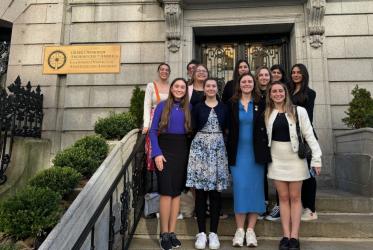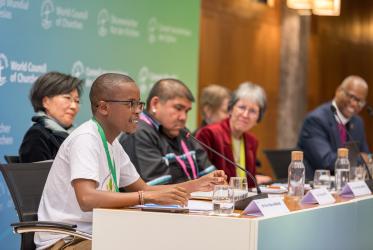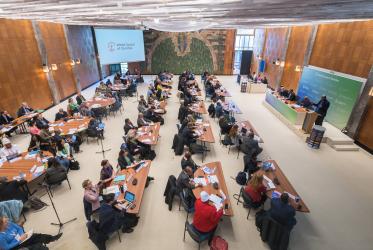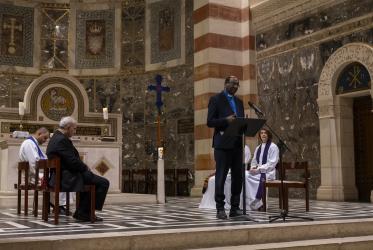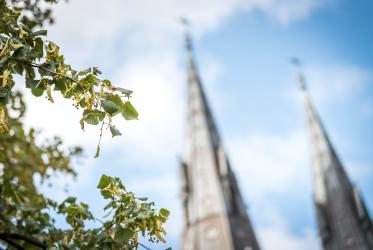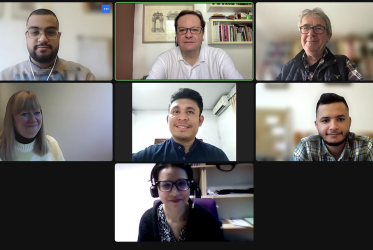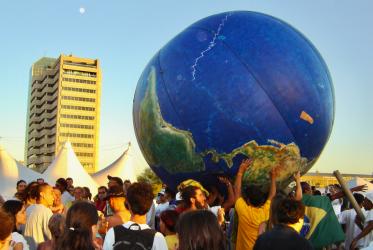Displaying 1 - 20 of 687
WCC extends prayers for lasting peace in Haiti
11 April 2024
WCC expresses deep concern for human rights in Haiti
28 March 2024
What can churches do to prevent modern slavery?
22 February 2024
Der ÖRK ist ein Wegbegleiter im Heiligen Land
19 February 2024
In times of struggle, WCC accompanies the journey in the Holy Land
18 February 2024
WCC commends Church of Sweden’s engagement for peace and justice
15 February 2024
WCC to share key insights at World Social Forum
09 February 2024
Regional communicators strengthen WCC fellowship, deepen solidarity
08 February 2024







